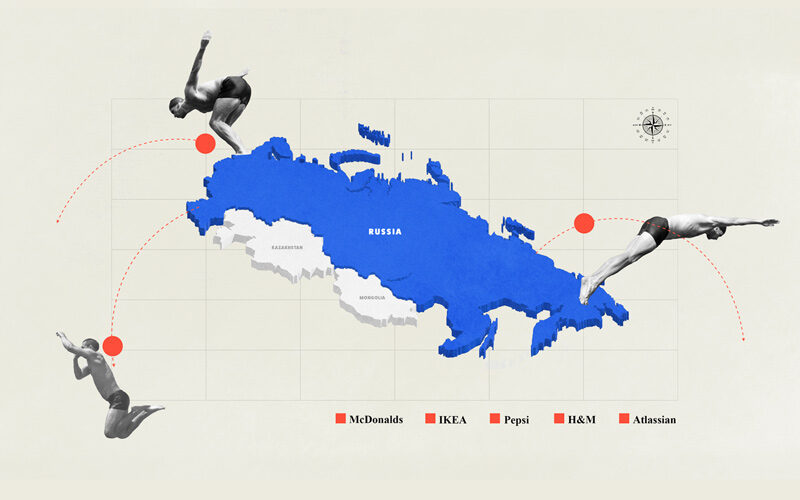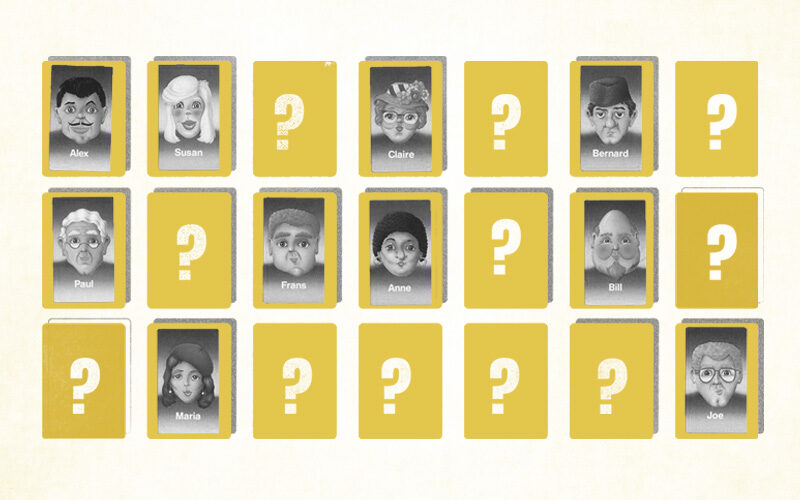‘If I become friends with you, there will always be the question of, “what’s in it for me?” How can I leverage you to obtain certain goals? I would always try to compete with you, to establish a hierarchy. It would be a contaminated friendship. So contaminated that I sincerely doubt it complies with the definition.’
This quote is from a Vice interview with real-life narcissist Sam Vaknin.
Sound like a terrifying kind of friend? Now imagine having this person as your boss.
Narcissists are not uncommon in high-profile or leadership positions.
The late General Electric CEO Jack Welch transformed an appliance company into a household name. Welch used his narcissism as a leadership tool. He indoctrinated GE managers through speeches, memos, and confrontations. He made no room for dissenting opinions, dictated company policy, and took “a Hunger Games-like” approach to hiring and firing.
The outcome was a lot of hurt feelings, and a company worth USD $73 billion.
Narcissism is a double-edged sword to be carefully wielded. It can propel a startup to great heights unimagined by its leadership, or it can cause its spectacular downfall.
Good leaders, bad managers?
In DICKS: Do you need to be one to be a successful leader?, documentarian Max Joseph concludes: “Narcissists reject the world as it is and instead have a vision of how it should be”.
When narcissistic founders take the reins of a startup, they’re driven by a vision.
The vision cannot be compromised, and the vision must be shared by all employees. Because of their defining lack of empathy, a founder might struggle to understand why employees working for equity or minimum wage might not feel like pulling 12 hour shifts to achieve said vision.
Steve Jobs told his biographer he worked every day from 7am to 9pm and pushed employees to do the same to make the best product possible. And while most companies take months to make a major decision, Jobs got bored easily and used his position to make decisions instantaneously.
As Apple Chief of Design Jony Ive stated: “In most places that decision would have taken months. Steve did it in a half hour.”
Many early Microsoft employees say Bill Gates was an office bully who sent critical emails in the middle of the night. But it was his charisma that inspired and motivated his staff to achieve a shared goal.
Microsoft was far from the only player. It could’ve ceded to any number of early developers (Oracle, Lotus, IBM, Sun Microsystems). It could’ve been crushed by Apple many times over the past three decades.
But extreme personalities are capable of driving extreme success. Perhaps that’s why when the company IPO’d in 1986, 11 years after Gates and Paul Allen started it in an Albuquerque garage, Microsoft had a total market cap of USD $780 million.
Pride before the fall
Narcissism can rear its ugly head in founders in many ways: refusal to take advice, refusal to back down, lack of empathy, bullying, and delusions of grandeur. The latter can take a particular toll during the finding product-market fit phase.
John DeLorean reinvented the dream car, and then he totalled it.
DeLorean was an aggressive business executive, hailed as a visionary similar to Bezos, Jobs, and Musk (and his creation made famous by 1985’s Back to the Future). But his ego alone killed the potential he had.
In less than a decade, his business DeLorean Motor Company filed for bankruptcy. Out of money and options, DeLorean grew desperate. On October 1982, John DeLorean was entrapped and arrested by the FBI after he agreed to smuggle fake cocaine to bankroll his dying company.
Narcissism done right
A “healthy” dose of narcissism can benefit founders when kept in check.
When times are tough, the tunnel-visioned desire to fulfill your vision and competitive drive can keep you going.
But narcissistic founders need to manage their selfish tendencies. And they can do this by treating themselves like radios – in other words, implementing an on-off switch and some volume control.
Powerful voices can be dimmed and amplified. Letting managers make their own decisions, letting cofounders take the lead in presentations, and listening to dissenting voices are key skills for business leaders.
But that powerful voice can be turned all the way back up when you’re promoting, selling, training, engaging, or trying to secure investment from a particularly dubious board.
Selfishness is a virtue for startup founders. Bcause the only person who’s going to champion your company – at least in the beginning – is you.











